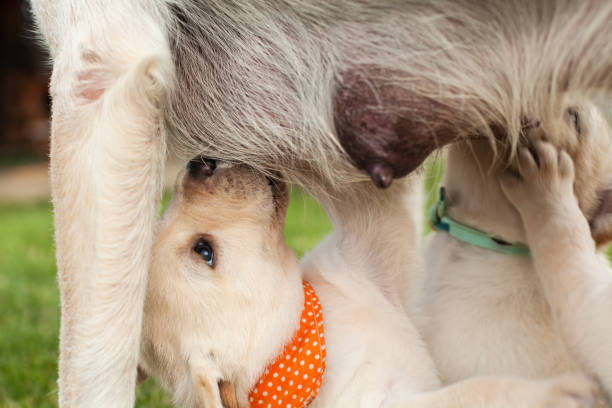Effects of Maternal Investment, Temperament, and Cognition on Guide Dog Success

A successful guide dog must navigate a complex world, avoid distractions, and respond adaptively to unpredictable events. What leads to success? We followed 98 puppies from birth to adulthood. Puppies were enrolled in a training program where only ∼70% achieved success as guide dogs. More intense mothering early in life was associated with program failure. In addition, mothers whose nursing style required greater effort by puppies produced more successful offspring. Among young adult dogs, poor problem-solving abilities, perseveration, and apparently greater anxiety when confronted with a novel object were also associated with program failure. Results mirror the results from rodents and humans, reaffirming the enduring effects on adult behavior of maternal style and individual differences in temperament and cognition.
Bray, E. E., Sammel, M. D., Cheney, D. L., Serpell, J. A., Seyfarth, R. M., Marshall-Pescini, S., & Parker, K. J. (2017). Effects of maternal investment, temperament, and cognition on guide dog success. Proceedings of the National Academy of Sciences of the United States of America, 114(34), 9128–9133. https://doi.org/10.5061/dryad.50fj0
Photo: iStock.com/ilona75
View ResourceTopic(s): Behavior, Maternal Care, Puppy Development, Research and Teaching